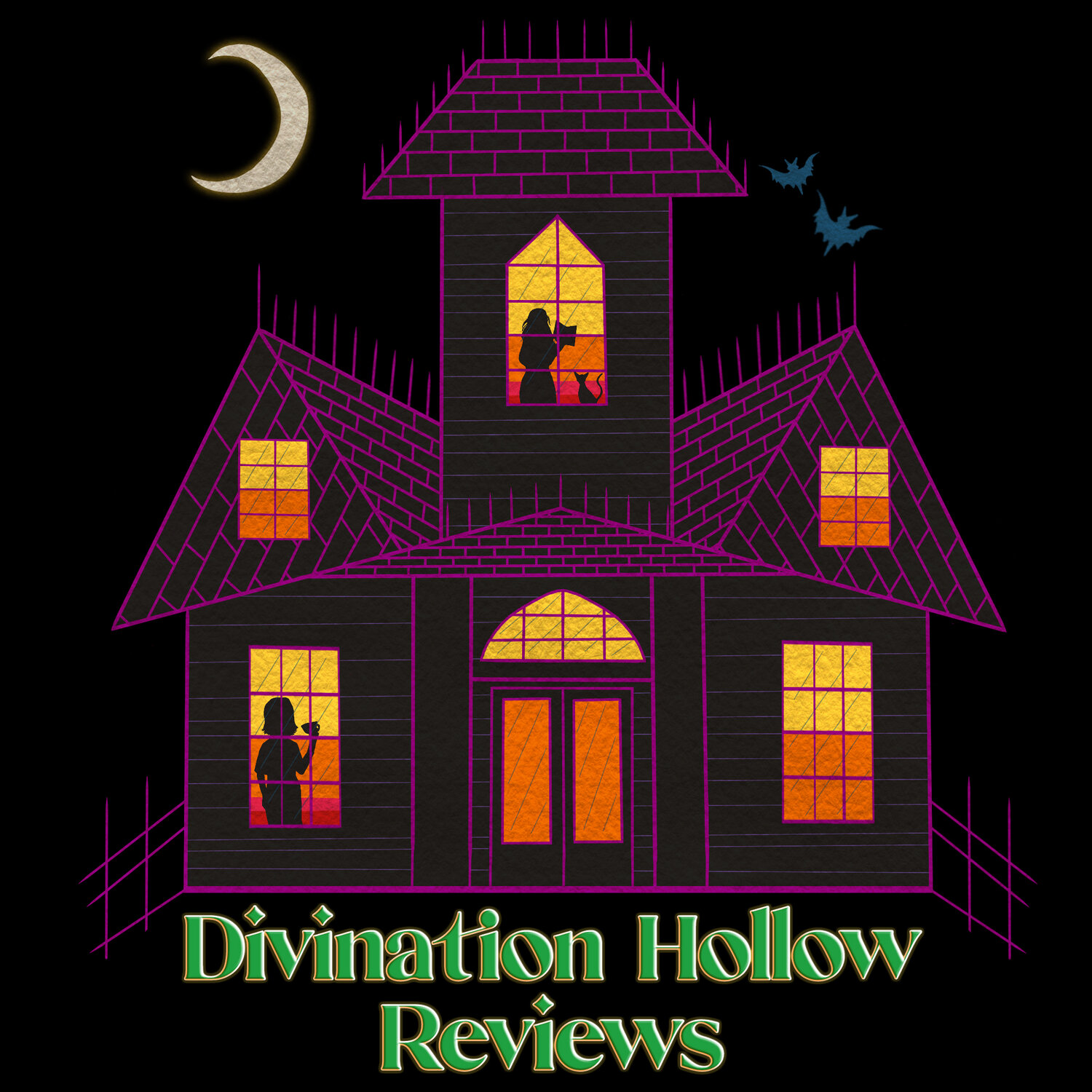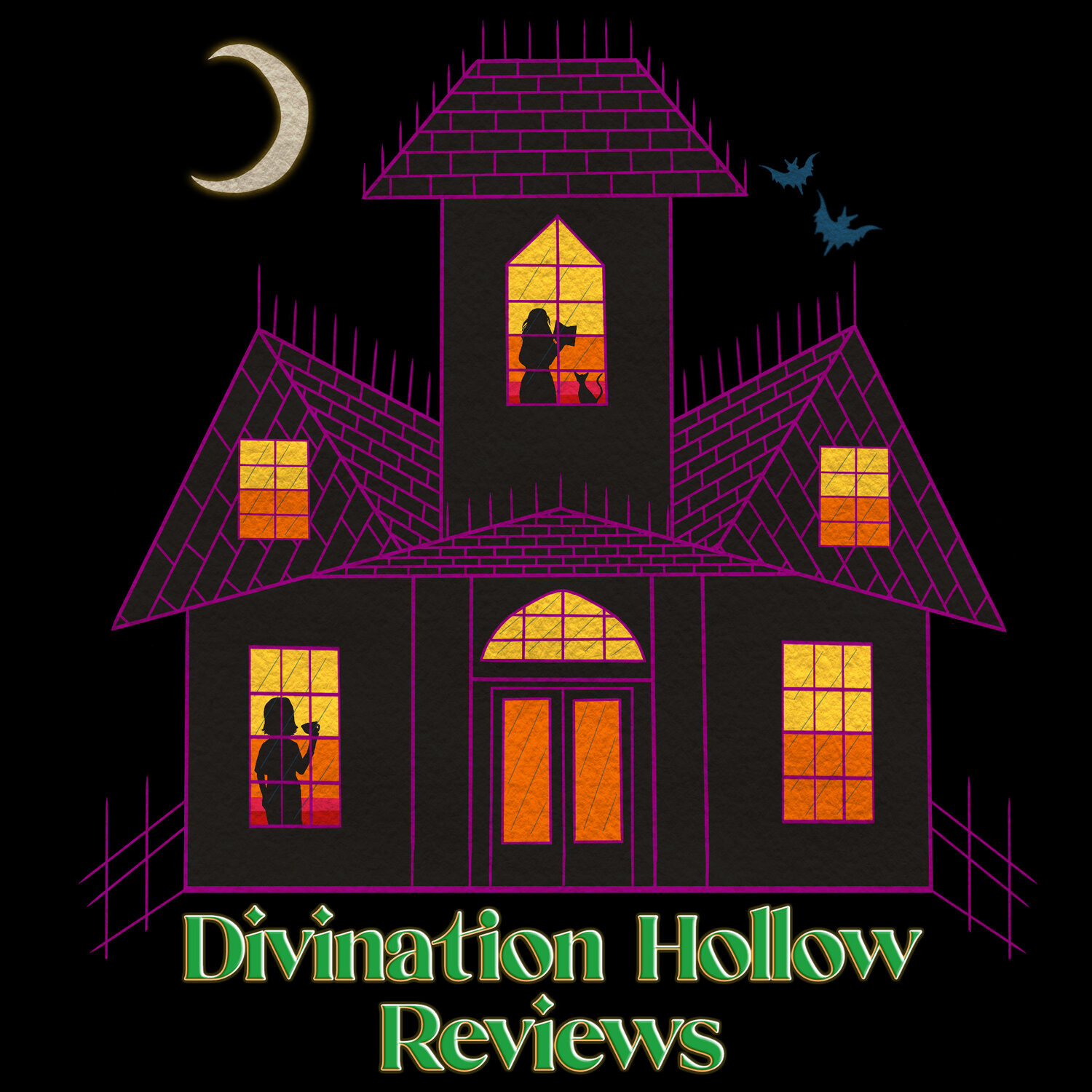When We No Longer Need WIHM, I Will Rejoice
Here’s something I will say, quite regularly, and will absolutely always stand by. Women have always been part of Horror. Some of (though not the first) the first horror novels were written by women – Ann Radcliffe’s The Italian was published in 1796, inspired by The Castle of Otranto (1764) by Horace Walpole, and of course Frankenstein is still a hugely popular classic, written by Mary Shelley. Even some of the classics contain elements of horror, seeping into novels penned by women, because let’s face it, a woman’s life contains a multitude of horrors. Who can ever forget the imagery of a woman trapped in an attic, simply because she is unwell, while her husband brings in a new, younger woman?
The horror of being a woman could be an essay on its own. Even looking at modern day social media, it seems easy for some cis het white men to dismiss how scary social media is when you don’t fall into all four of those categories, and the more of them you change, the worse things are (something many cis white women forget too).
But along with that, it seems like many will only accept the stories told if we lay our trauma out for all the world to see. Will only take us seriously if we delve into exactly what has happened to us, and the horrors thrown our way. Many of the women you interact with have hidden trauma people aren’t aware of, yet it seems like, in the Horror Community and beyond, if we call out a man we are pressured to provide receipts, we need evidence, while publicly people ‘provide support’ and privately question the validity of the claims. Yet all men need to do to ‘discredit’ women is make a single tweet, and they are lauded – you are a good guy, other men tell them. You are one of the good ones.
Fact: you don’t know that at all.
Why is this? When women have been a powerful voice in this genre since inception, yet others – men and women – so easily turn against them, will so very quickly cast them aside.
And the question still comes up every year – why do we need Women in Horror Month?
Because men still ask that question. Because men still complain about these 28 days, just like somewhere, right now, some absolute arsehole is asking why do we need Black History month? We need WIHM right now because women are undervalued and ignored, across every level. Our contributions are pushed aside. We are discarded and pushed aside, sometimes replaced by other women so some men can act like they’re not misogynistic pieces of trash. Because some men act as if Horror was only ever for the boys.
As a fantastic quote used in Meg Hafdahl’s & Kelly Florence’s The Science of Women in Horror explains, “Males who watched sexually violent shows with submissive female characters reported more negative attitudes about women than the control group. This effect did not occur for men who watched shows with powerful women.”
We need WIHM right now because women have pushed this genre forward in so many ways. There would be no Stephen King without Tabitha King. Halloween would be a vastly different movie without Jamie Lee Curtis. Scream Queens, Final Girls, virgins and whores have all added into the wider pot of horror. When you think of iconic Horror heroes, especially in film, how often is it you think of a woman going up against a slasher killer or monstrous beast?
When it comes to books, men are all too happy to take our trauma – in all forms – and lay it out on the page, but are made ‘uncomfortable’ when we talk about those things in real life. They will boost the voices of other men who write about sexual assault against women, and treat women’s stories only as valid if they, too, contain those elements. We shouldn’t HAVE to write about our own trauma to be boosted within the community, but at the same time, we should be given the scope to write and explore it without feeling like we’re being compared to male-penned texts.
We should absolutely always encourage people to read diversely, but there are those out there who, again, will use this as a shield – hey look, I’m a good guy, I tweeted telling people to read more diverse books! – while they don’t put in the work themselves and continue to treat others poorly. The kind of person who, if you ask them to name the diverse books they’ve read, will only ever be able to name one or two fairly popular books.
The positive is there are plenty of men committed to not just publicly promoting diversity, but who also work hard to ensure our voices are heard, not just out stories. The kind of guys who will call others out, who make it clear what they absolutely will not stand for, and often back us up – all of us – when needed. It gets really hard sometimes to know who you can actually trust, especially when the majority of interactions are on social media (especially in the last year!). But there are those who are fully committed to the ideas of diversity, who embrace the idea that they have to work to make room and will constantly work to uplift the voices of those around them.
The fact is, there are people out there who don’t need to be reminded to read diversely, who don’t grumble about WIHM or how ‘white male’ voices are being pushed aside (they’re not, but that’s another story). And it’s these men who make me feel one day, we won’t need WIHM at all. Because we will no longer have the situation where historically underrepresented voices are underrepresented, and where everyone has a seat at a table without others shouting over them and shoving them aside to scream “hey, look how diverse I am.”
Maybe I am naïve in that hope. Maybe it is silly to think we’ll ever stop seeing ‘Men Writing Women’ extracts, or where women’s voices – all women’s – are heard equally without the additional work we currently have to put in. But I do live with that hope. I do think one day, it might happen, and when ‘reading diversely’ is more the norm, when we won’t have to say it because it just happens, we’ll no longer need Women in Horror Month or to remind people that yes, we are here, we always have been, when horror is no longer dominated by white, cis, het male gatekeepers, that in itself will be worth celebrating.
Article by Elle Turpitt
Twitter: @elleturpitt
Website: elleturpitt.com


